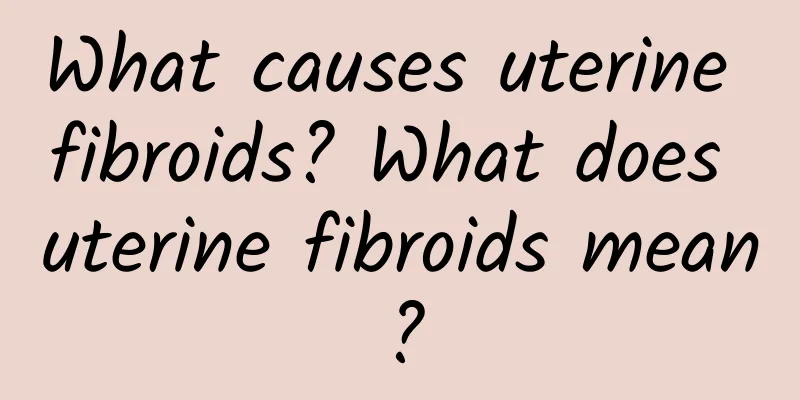The main symptoms of perimenopausal syndrome

|
Perimenopausal syndrome generally refers to perimenopausal syndrome, which usually does not have the most important symptoms. Main symptoms such as hot flashes, insomnia, mood swings, vaginal dryness or osteoporosis may occur. It is recommended to go to a regular hospital for treatment and receive corresponding treatment under the guidance of a doctor. 1. Hot flashes: Hot flashes are the most common symptom of perimenopausal syndrome, manifested as sudden body heat, facial flushing, sweating, etc. These symptoms usually occur at night and affect sleep quality. It is recommended to use progesterone capsules or medroxyprogesterone acetate tablets and other drugs under the guidance of a doctor to relieve them. 2. Insomnia: Patients with perimenopausal syndrome often suffer from insomnia, difficulty falling asleep or poor sleep quality, which leads to daytime fatigue, lack of concentration and other problems. Maintaining good living habits, such as regular work and rest, moderate exercise, and reducing stress, can help improve the symptoms of perimenopausal syndrome. 3. Mood swings: Patients with perimenopausal syndrome often experience mood swings, irritability, anxiety, depression, etc., which affect their mental health. Through psychological counseling, relaxation training and other methods, we can help patients relieve mood swings and improve their mental health. 4. Vaginal dryness: Patients with perimenopausal syndrome experience vaginal dryness, itching and other uncomfortable symptoms due to decreased estrogen levels and thinning of the vaginal mucosa. They need to maintain good vaginal hygiene, wash with warm water every day, and change underwear frequently. 5. Osteoporosis: Due to the decline in estrogen levels, patients with perimenopausal syndrome are prone to osteoporosis and increase the risk of fractures. Increasing foods rich in nutrients such as calcium and vitamin D can help prevent osteoporosis. The treatment of perimenopausal syndrome should be based on individual conditions and combined with the doctor's advice for comprehensive treatment, avoiding self-medication or unreasonable diet conditioning. If the symptoms seriously affect the quality of life, it is recommended to seek medical guidance and treatment in time. |
<<: What should I do if I have sex half a month after abortion?
>>: Is it good to drink saffron for chocolate cysts?
Recommend
Lose weight with just 3 minutes of high-intensity exercise per week
No time to go to the gym, too tired to move after...
Can eating golden needles help you conceive a boy? 3 Cool Summer Daylily Recipes
Daylily, also known as "day lily", is l...
Does pelvic effusion cause dysmenorrhea? Are there many symptoms?
There are many hazards of pelvic effusion. We sho...
Newlyweds should also be wary of adnexitis
When a couple is newly married, they are often im...
Perfect match! Eating pork with raw garlic, nutritionist: The surprising secret is...
If the food is well matched, the nutrition will b...
What are the sports treatments for vaginitis?
With the invasion of various diseases, vaginitis ...
Experts explain factors related to irregular menstruation in women
In real life, many female friends have irregular ...
What factors can cause pelvic peritonitis?
Gynecological diseases are the most troublesome d...
What are the diagnostic methods for women with menstrual disorders?
What are the diagnostic methods for female menstr...
What are the five major hazards of uterine fibroids? What harm will uterine fibroids cause to the body?
What are the five major hazards of uterine fibroi...
Chinese medicine diet therapy can increase ovarian function
The health of the ovaries is closely related to e...
How much does it cost to treat cervicitis?
Cervicitis is a disease that is easily ignored by...
Tips for losing weight! Decide on dinner time first
Did you know that your body enters "body fat...
What are the causes of ovarian cysts in newborns?
Ovarian cysts in newborns are usually related to ...
Fan Bingbing is most afraid of getting fat! Slimming diet can help you lose 3 kg in one month
People are afraid of becoming famous, just as pig...









